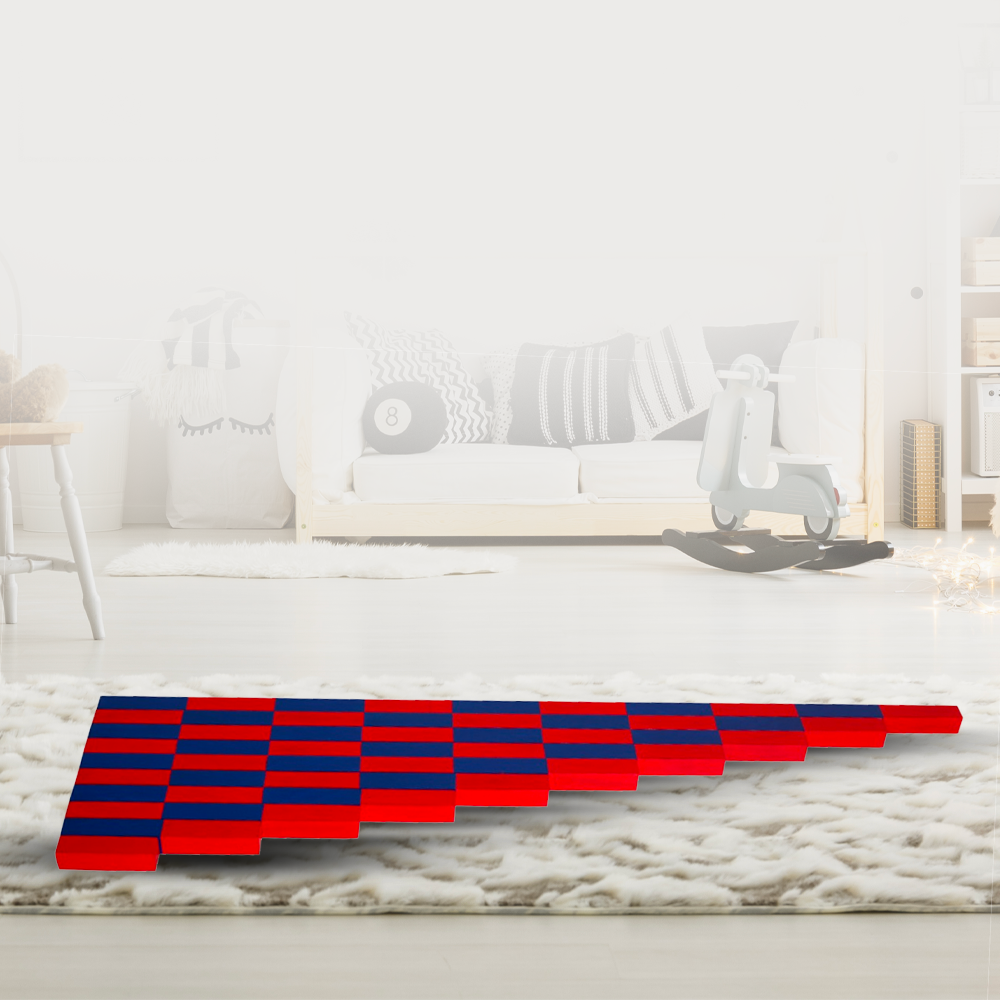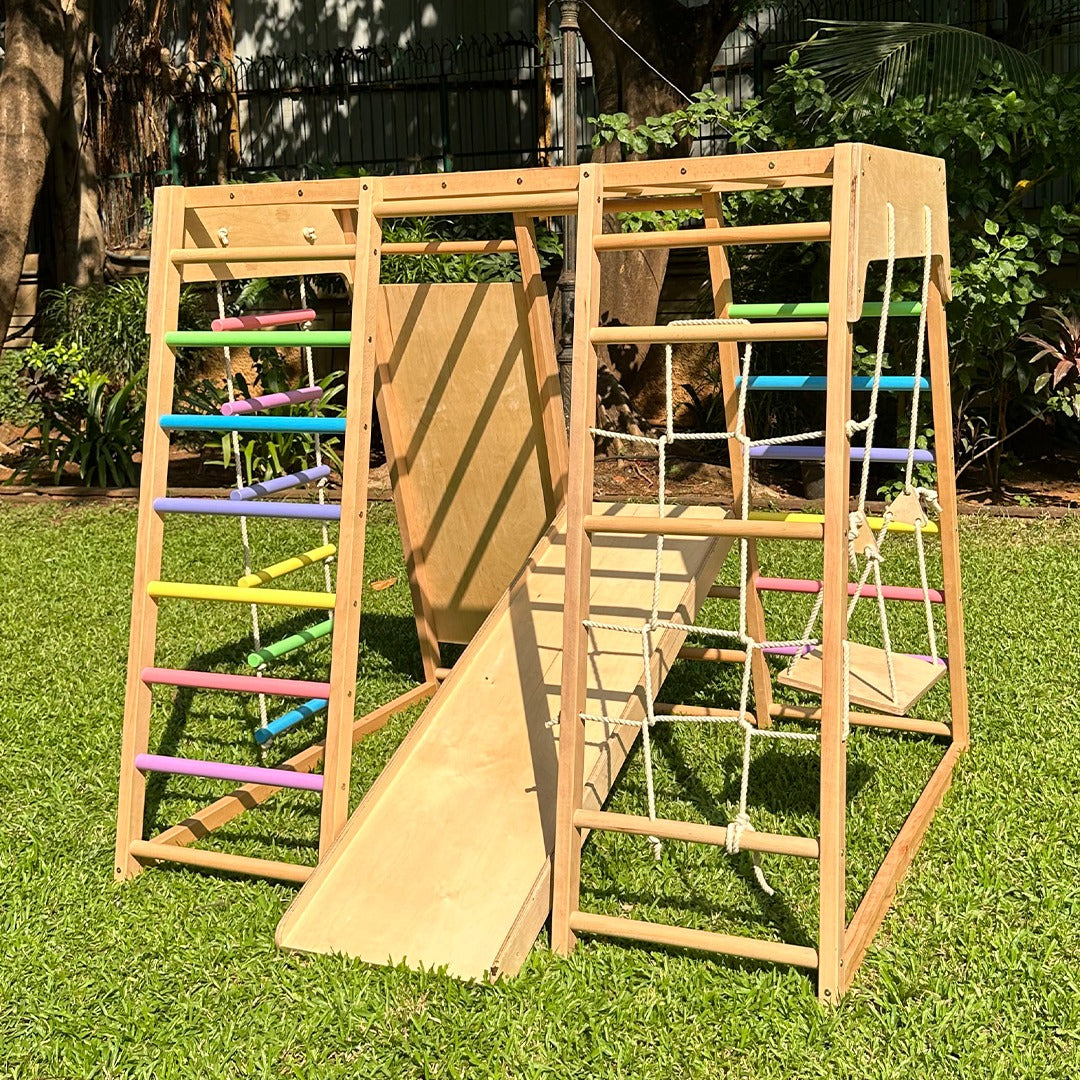In India, the pursuit of academic excellence often begins early. We all want our children to succeed, and sometimes, the traditional emphasis on rote learning can seem like the quickest path. But what if we told you there's a more powerful way to equip your child for the future – a way that goes beyond just memorising facts?
While memorisation has its place, it often limits a child's natural curiosity and their ability to think independently. The world our children are growing into demands problem-solvers, innovators, and thinkers, not just good memorisers. This is where nurturing curiosity and critical thinking from a young age becomes paramount, especially for kids aged 0-8.
These aren't just fancy buzzwords; they're foundational life skills. A curious child asks 'why,' explores possibilities, and learns to connect dots. A critical thinker evaluates information, forms their own opinions, and approaches challenges with a strategic mindset. Imagine your child not just knowing answers, but understanding how to find them, and even why those answers matter!
Here's how Indian parents can foster these vital skills at home:
- Encourage Questions, All Questions: From 'Why is the sky blue?' to 'How does this toy work?' – every question is an opportunity. Instead of giving direct answers, prompt them: 'What do you think?' or 'Let's find out together!'
- Embrace Exploration & Play: SkilloToys understands this best! Provide open-ended toys like building blocks, puzzles, or art supplies. These allow children to experiment, make mistakes (which is crucial for learning!), and discover solutions on their own. Our Indian households often prioritize structured study; let's balance it with unstructured, curious play.
- Narrate & Discuss: Read stories together and ask 'What do you think happened next?' or 'Why do you think the character did that?' Even daily chores can become learning moments: 'Why do we sort clothes this way?'
- Problem-Solve Together: Let them try to figure out simple challenges – how to open a container, or how to arrange their books. Resist the urge to jump in immediately. Guide them with questions rather than solutions.
- Value Effort, Not Just Outcome: Celebrate their persistence and the process of thinking, even if the 'answer' isn't perfect. This builds confidence and resilience, crucial for future learning.
Shifting focus from mere memorisation to fostering curiosity and critical thinking isn't about abandoning academics; it's about making academics meaningful and sustainable. It's about raising children who aren't just smart, but wise, adaptable, and truly prepared to thrive in an ever-changing world. Let SkilloToys be your partner in this exciting journey of discovery!



